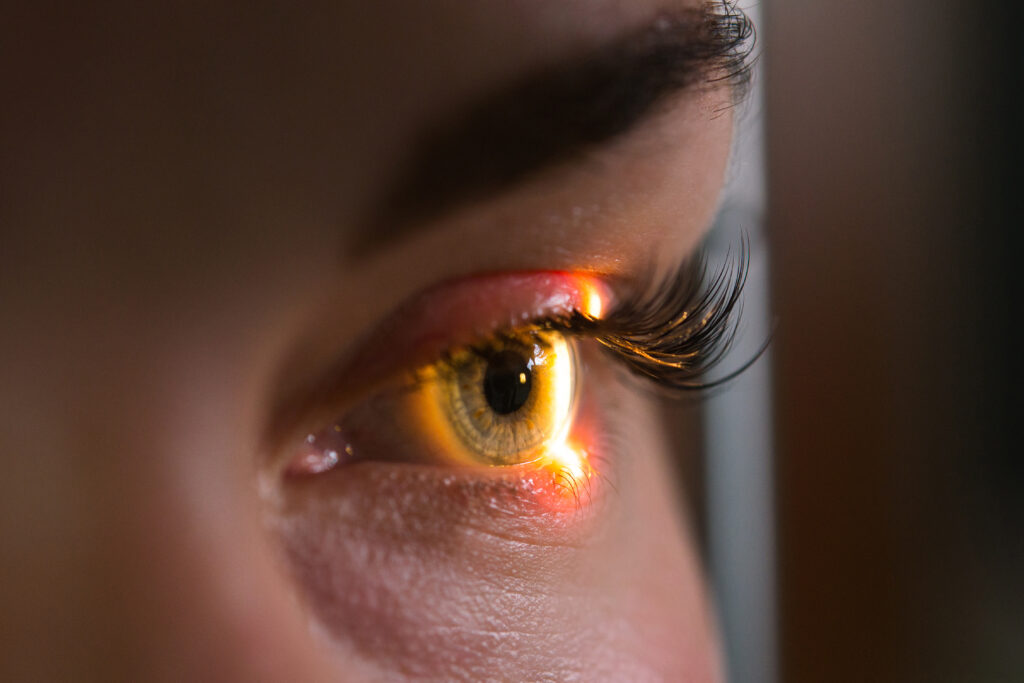
If you’re searching for a psychiatrist for Obsessive Compulsive Disorder (OCD), it’s possible you’re grappling with intrusive thoughts, obsessive thinking, or compulsive behaviors that are challenging to manage. Importantly, if you suspect you’re dealing with OCD, you’re not alone. In the United States, it’s estimated that nearly 3 million adults are affected by this mental disorder.
OCD is a mental health condition that impacts individuals in various ways. Some people may experience unwanted thoughts or feelings (obsessions), while others might engage in behaviors or rituals (compulsions) as attempts to manage these thoughts. Currently, OCD is recognized as a highly treatable condition, provided it is accurately diagnosed and treated effectively.
Understanding Obsessive-Compulsive Disorder
OCD is characterized by a cycle of obsessive thought patterns and ritualistic behaviors aimed at controlling these intrusive thoughts. Examples include compulsively checking that appliances are turned off or doors are locked, often driven by underlying fears that dictate the compulsive actions.
Historical Background of OCD
The medical and psychological communities have been attempting to understand OCD since the early 1600s. It was in 1868 that German psychiatrist Wilhelm Griesinger published case studies of the disorder, initially describing it as a ruminatory or doubting illness. The term “Obsessive-Compulsive Disorder” was established in the mid-20th century after numerous psychiatrists, including Sigmund Freud, sought to identify its root causes, triggers, and symptoms.
Symptoms of OCD
Individuals with OCD typically engage in ritualistic behaviors to alleviate negative thoughts or fears, yet often recognize these thoughts or behaviors as irrational. Symptoms of obsessive behavior can include:
Difficulty tolerating uncertainty
Intrusive thoughts of self-harm or harm to others
Distress over lack of order or symmetry
Unwanted sexual or aggressive thoughts
Avoidance of situations that trigger anxiety
Fear of contamination
Ritualistic or compulsive behaviors may include:
Excessive cleaning or handwashing
Adherence to strict routines
Repeatedly seeking reassurance
Compulsive counting
Checking appliances, locks, etc., repeatedly
Arranging items in a specific manner
Onset of OCD
OCD typically manifests during the teenage years or early adulthood, though it can begin in childhood. The severity of symptoms varies among individuals. If certain events or situations trigger irrational behaviors or uncontrollable rumination, consulting a qualified psychiatrist may be advisable for managing symptoms more effectively.
Causes of Obsessive-Compulsive Disorder
The exact cause of OCD remains uncertain, with potential factors including environmental triggers, brain structure abnormalities, and genetics. OCD often occurs alongside other conditions such as anxiety disorders, depression, substance abuse, and eating disorders, indicating a complex interplay of factors.
Lake Worth Psychiatry is committed to providing comprehensive care for individuals struggling with OCD. Our team of experienced psychiatrists is ready to assist you in understanding your condition and developing an effective treatment plan. If you’re experiencing symptoms of OCD and need professional support, contact Lake Worth Psychiatry to begin your path toward recovery.

